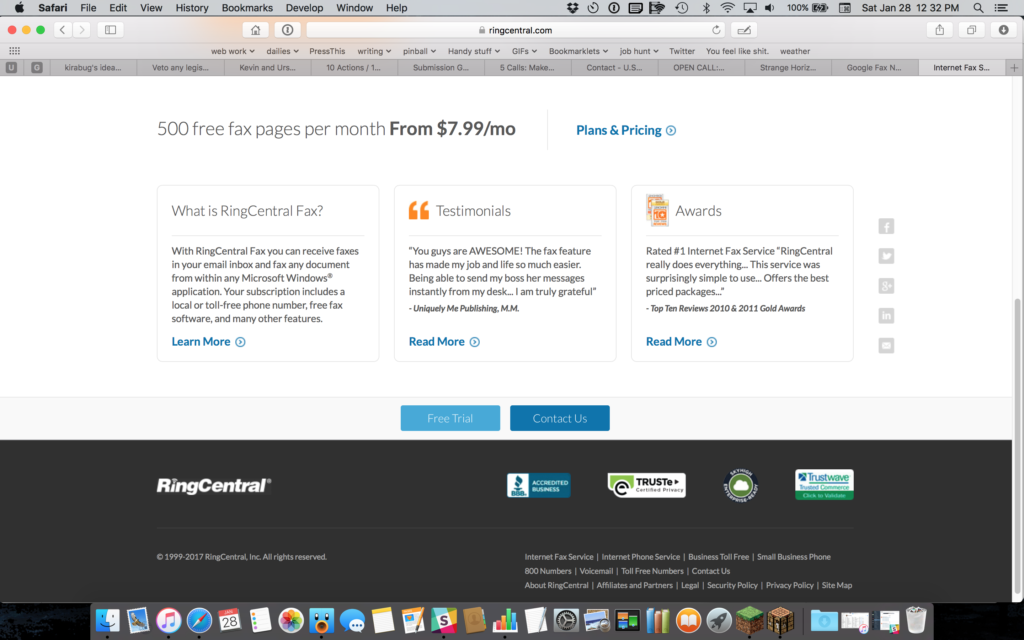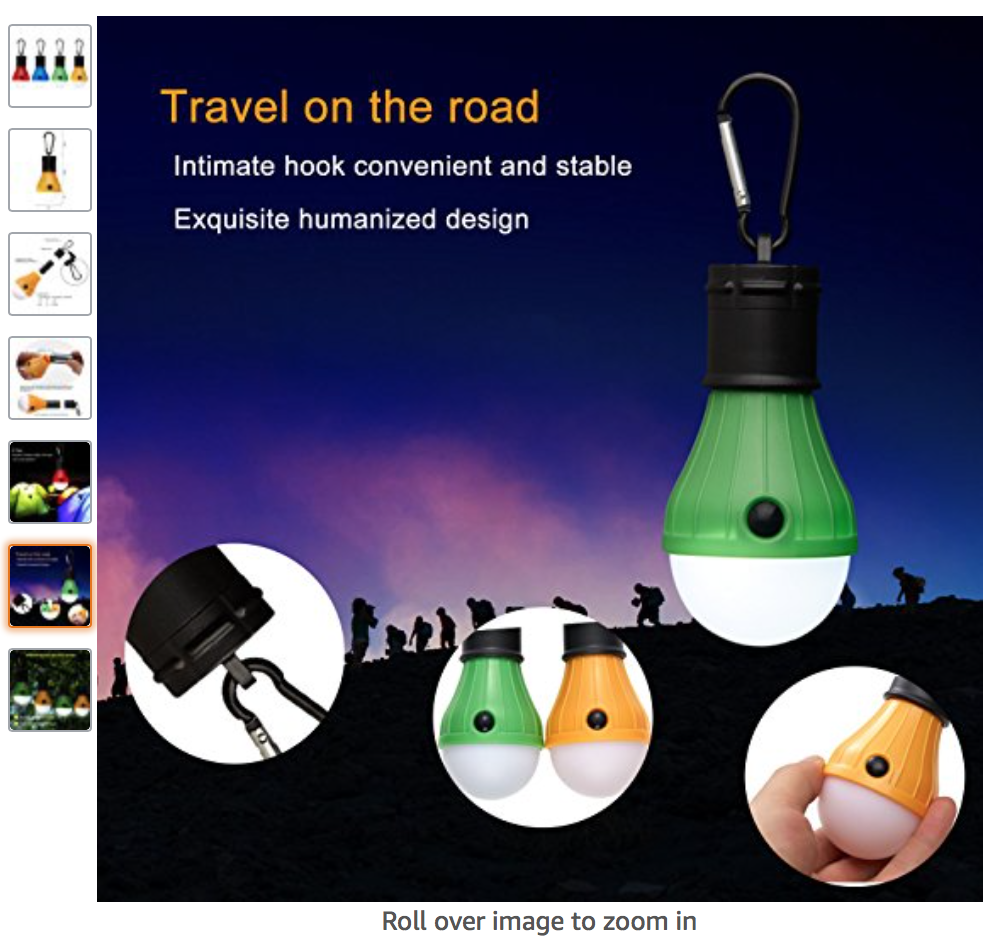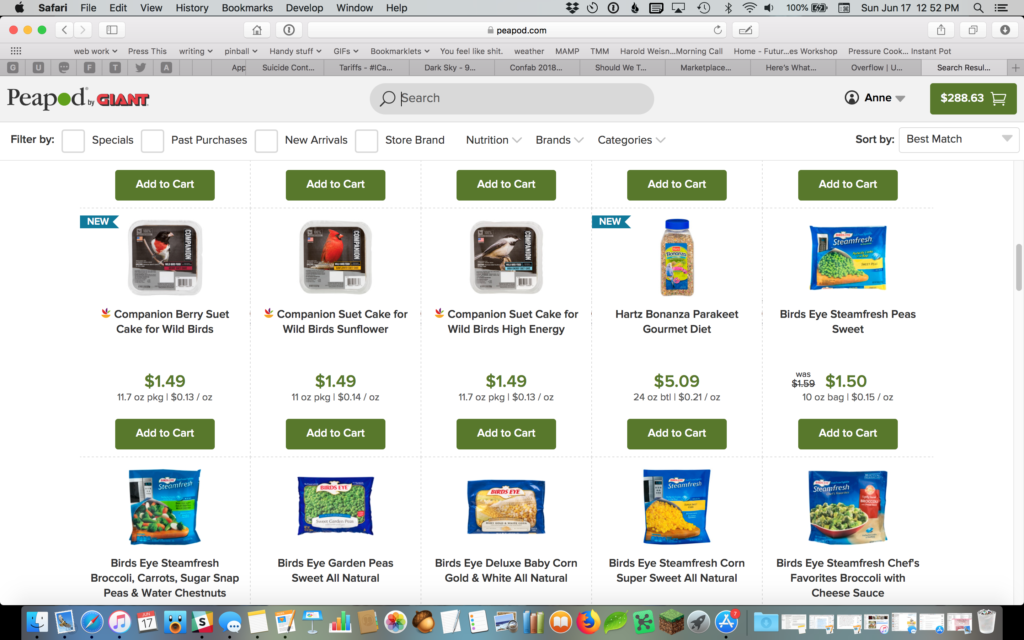I’ve caught a cold, so rather than ramble at you, here are some more whack things I’ve found on the Internet.




I’ve caught a cold, so rather than ramble at you, here are some more whack things I’ve found on the Internet.




“Our designers and developers don’t want to work on technical debt. They want to work on meaningful things.”
My house gets messy, like all houses. Clutter builds up, I forget to wipe off the kitchen counters, the dogs shed on everything, and there’s dog-toy-fluff an inch deep in some places on Wednesday nights. (Wednesday nights are “here have six more toys so I can get some work done” nights.)
I don’t live to clean my house. I don’t get deep existential meaning from the task. In fact, given the choice I put it off as long as possible.
On the other hand, cleaning definitely results in meaningful change. Clutter affects the brain — it raises stress levels, introduces competing priorities into your field of view, and causes more impulsive, less-judgement-driven behavior. People who have clean houses correlate with better health and more activity. In other words, our brains like clean spaces.
A clean house is more than just a health boost, however. (If it wasn’t, nobody would ever clean. We’re not particularly good, as a species, at picking healthy things because they’re healthy.)
A clean house is also a social and status symbol. I know a number of people who openly admit to having get-togethers just to motivate themselves into cleaning the house. The fastest way to get me into a cleaning frenzy is to tell me one of our sets of parents is coming over. Whether we succumb to it or not, the social pressure to show “I have a clean house and therefore I am a competent adult” is ever-present in America, especially for women.
If a clean house has all these physical, psychological, and social implications for us, what does a clean website do?
The Aesthetic Usability Effect heuristic says:
Users often perceive aesthetically pleasing design as design that’s more usable.
A clean website has the same effects as a clean house. A lack of clutter results in lower stress levels. A strong information architecture reduces competing priorities. Uncluttered task-driven sites make it easier for users to make judgement-based decisions, which can be critical for most of us.
Cleaning UX and technical debt is like cleaning the house. Nobody wants to do it, but it is definitely meaningful. Getting rid of old icon variations makes the site more consistent. Finally deprecating those old table styles from four years ago makes it easier for users to make decisions on the new, cleaner styles you’ve already implemented. Getting rid of those ninety seven shades of grey and settling on four makes the site less dingy.
Technical debt cleanup behind the scenes has all the same effects — but for ourselves and for our co-workers. And who wouldn’t like Future Me’s life to be a little easier and stress free?
There are a lot of ways that we define meaning in our jobs, and it’s fair to say “I don’t think that making things incrementally better is what gets me out of bed in the morning.” On the other hand, debt will eventually be repaid, either in the form of ongoing headaches or in the form of finally doing the work. So swiftly cleaning up debt and making everyone’s day a little less stressful both in and out of the house? That’s powerful. That’s meaningful. And it’s worthwhile.